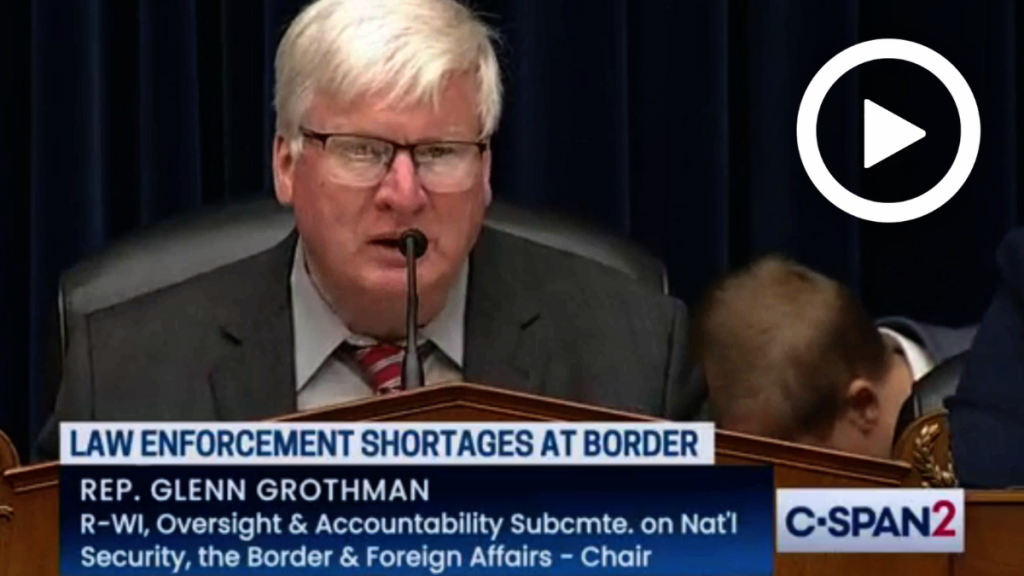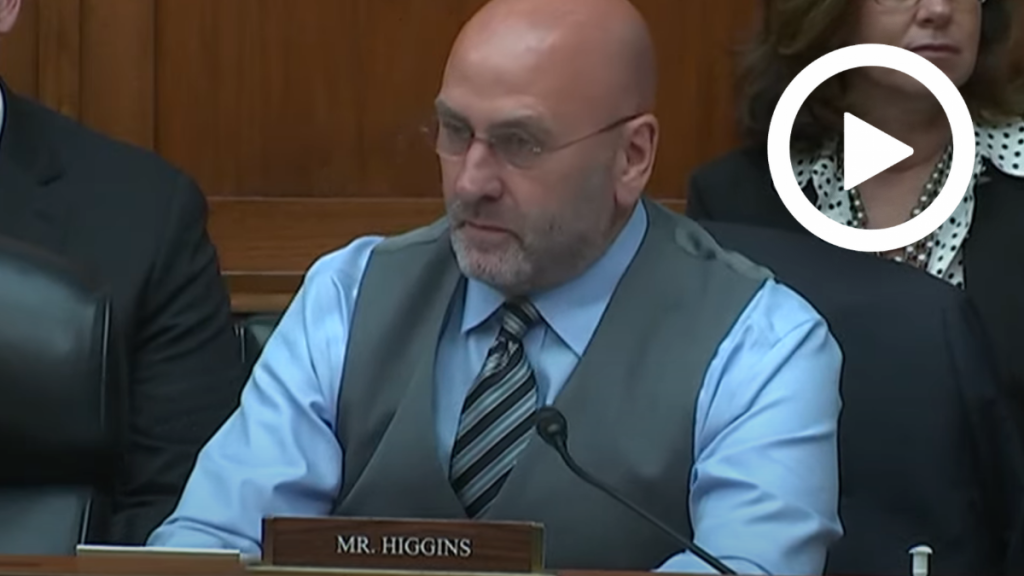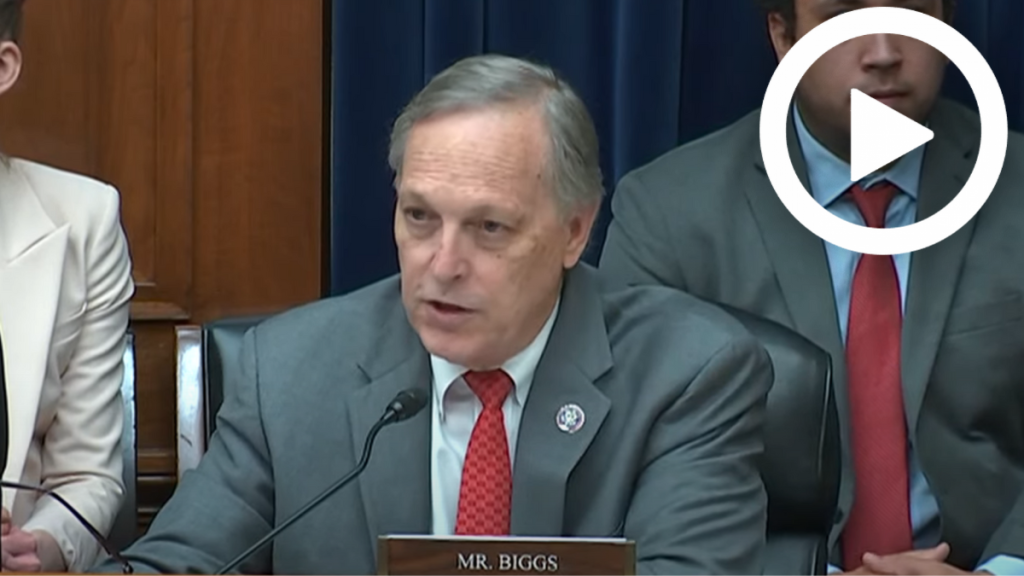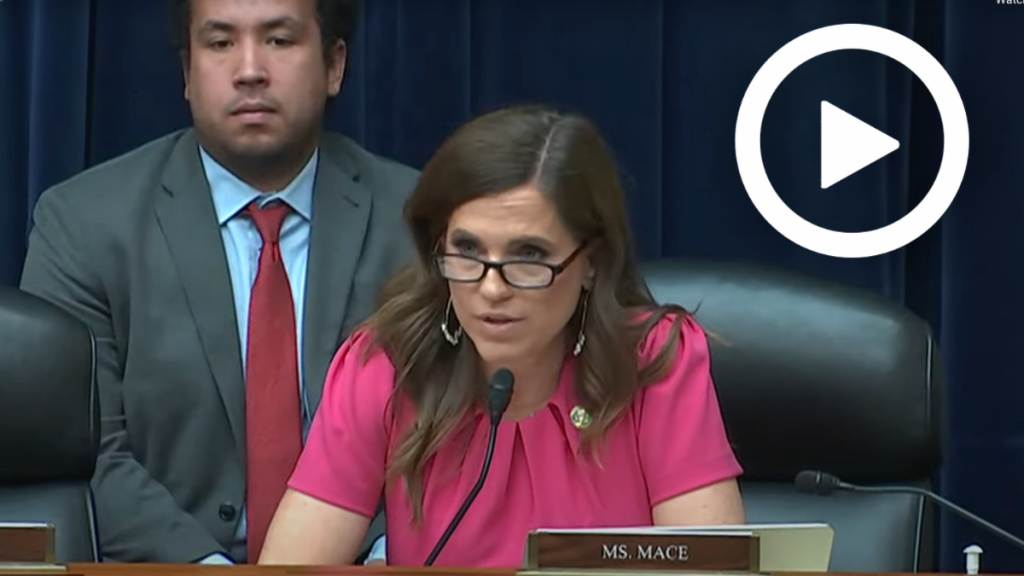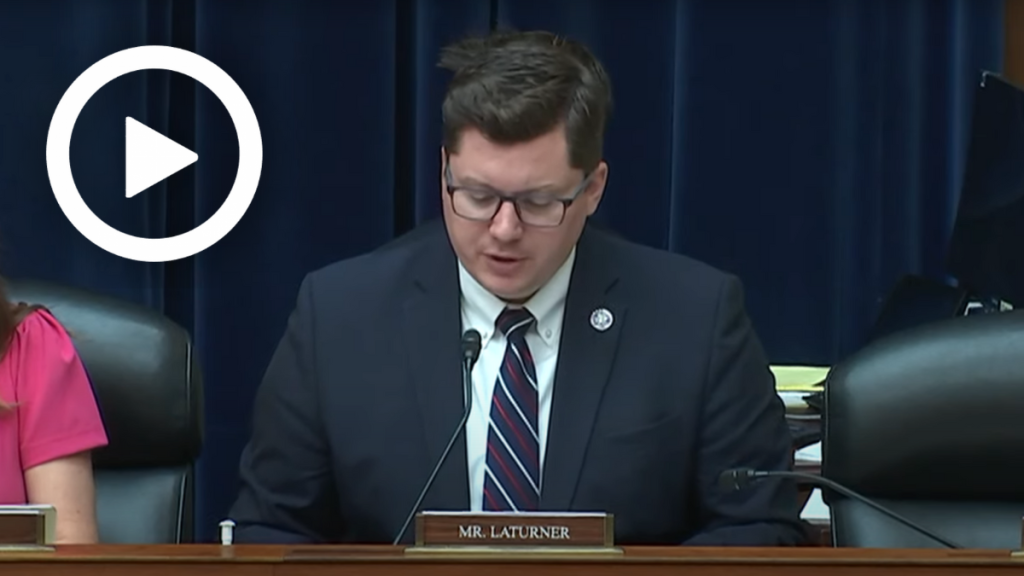Hearing Wrap Up: Biden Border Crisis Exacerbating Staffing Challenges, Causing Law Enforcement Morale to Plummet
WASHINGTON—The Subcommittee on National Security, the Border, and Foreign Affairs held a hearing titled, “Help Wanted: Law Enforcement Staffing Challenges at the Border.” Subcommittee members discussed with Department of Homeland Security (DHS) Inspector General (IG) Joseph Cuffari how the Biden Administration’s policies are exacerbating pre-existing staffing challenges and impacting law enforcement morale. Subcommittee members also discussed unsustainable staffing methods currently employed by DHS which are stretching agents to their limits and making their jobs even more dangerous.
Key Takeaways:
The DHS Inspector General’s (DHS IG) May 3, 2023 report, detailing an audit involving interviews of over 9,000 law enforcement personnel, found that migrant surges have “magnified existing staffing challenges” at DHS, such that law enforcement personnel “feel overworked and unable to perform their primary law enforcement duties.”
- Joseph Cuffari— Inspector General at the Department of Homeland Security—broke down how record high migrant surges are negatively affected personnel on the border: “We determined that CBP’s and ICE’s current method of managing law enforcement staffing is not effective. CBP and ICE workloads have grown significantly due to factors beyond DHS’ control, namely increasing border encounters and travel volume. Despite greater workloads, staffing levels have remined the same, with CBP and ICE using details and overtime to temporarily surge staffing along the Southwest border. Interviews and survey responses indicate that the details and overtime have negatively impacted the health and morale of law enforcement personnel.”
Surges of illegal border crossers are stretching agents to their limits, forcing U.S. Customs and Border Protection (CBP) and U.S. Immigration and Customs Enforcement (ICE) to depend on temporary details and overtime to address increased personnel needs. These practices are not sustainable in the long term.
- IG Cuffari: “Law enforcement cannot continue to use temporary duty assignments and overtime shiftwork effectively to meet the challenges of the southwest border.”
Staffing shortages exacerbated by the Biden Border Crisis are creating dangerous conditions along the southwest border.
- IG Cuffari testified that staffing shortage impact efforts to combat human trafficking, drug smuggling, and other illicit activities.
Member Highlights:
Subcommittee Chairman Rep. Glenn Grothman (R-Wis.) discussed how the increased use of temporary details to fill gaps in Border Patrol staffing leaves agents overworked and critical areas unprotected.
Rep. Grothman: “How can DHS improve their detailing practices to make sure the detailees are actually performing jobs within their job description?”
IG Cuffari: “It’s a function of the first recommendation that we made to DHS, which they did not concur with, which was to hire an outside national academy to take a look and develop strategic staffing models so that DHS would be best able to use the resources they have to most effective benefit of the organization.”
Rep. Grothman: “Does the practice of temporary details leave home duty stations vulnerable or understaffed?”
IG Cuffari: “According to the agents who response, yes, there is a gap when you pull resources from one area to another.”
Rep. Clay Higgins (R-La.) broke down how agents being sent to the border for weeks on end are often not performing the law enforcement role which they were hired for, instead often performing administrative and humanitarian duties, leading to increased burnout.
Rep. Higgins: “Americans are largely under the impression that we’re moving border agents down there to enhance law enforcement. Is that the role that these agents are primarily performing?
IG Cuffari: “The role that they were hired to do and the performance of their duties is to do law enforcement.”
Rep. Higgins: “But what role are they actually performing down there?”
IG Cuffari: “They’re doing some law enforcement, but they are also providing care and welfare services to the detained and to those individuals that they are processing.”
Rep. Andy Biggs (R-Ariz.) highlighted how DHS has a pattern of stonewalling lawful investigations by the OIG.
Rep. Biggs: “What is their typical response time now?”
IG Cuffari: “Upwards of about – there is one project that is currently 140 days that we’ve made our request and haven’t gotten any information.”
Rep. Biggs: “Do they give you a rational for their five-month delay?”
IG Cuffari: “Not in that particular case but they have in others.”
Rep. Biggs: “Is a rational for delay that they give to you are those allowed under the inspector general act?”
IG Cuffari: “The only exception to not providing the IG that I am aware of in the IG act is the secretary of the department would have to make a determination that for national security or not to compromise an ongoing investigation, the department secretary would then have to make that determination.”
Rep. Biggs: “Has [Secretary Mayorkas] communicated that you?”
IG Cuffari: “No sir.”
Rep. Biggs: “So he’s not complying with the requirements of the Inspector General Act, is that fair to say?”
IG Cuffari: “Not to my knowledge.”
Rep. Nancy Mace (R-S.C.) spoke on the IG audit’s findings of plummeting morale among agents on the border.
Rep. Mace: “Do you think it’s the worst it’s ever been for morale?”
IG Cuffari: “It’s been significantly increased since I started with my federal civil service in 1993”
Rep. Mace: “Do you find agents have become apathetic that their workplace issues are not being addressed?
IG Cuffari: “They express frustration, I must say that the Border Patrol and the Immigration and Customs Enforcement agents do a great job every single day of the year and they’re just frustrated.”
Rep. Mace: “They work very hard.”
IG Cuffari: “Yes they do.”
Rep. Jake LaTurner (R-Kan.) highlighted an example from the report of how staffing shortages create dangerous conditions along the border.
Rep. LaTurner: “At one southwest border station, 15% of gotaways in a five-day period occurred because no agents were available to respond, how common of an occurrence is that?”
IG Cuffari: “To my knowledge it’s a weekly occurrence.”
Rep. LaTurner: “What impact does the staffing shortage have on efforts to combat human trafficking, drug smuggling and other illicit activities?”
IG Cuffari: “A negative impact.”
CLICK HERE to watch the hearing.
